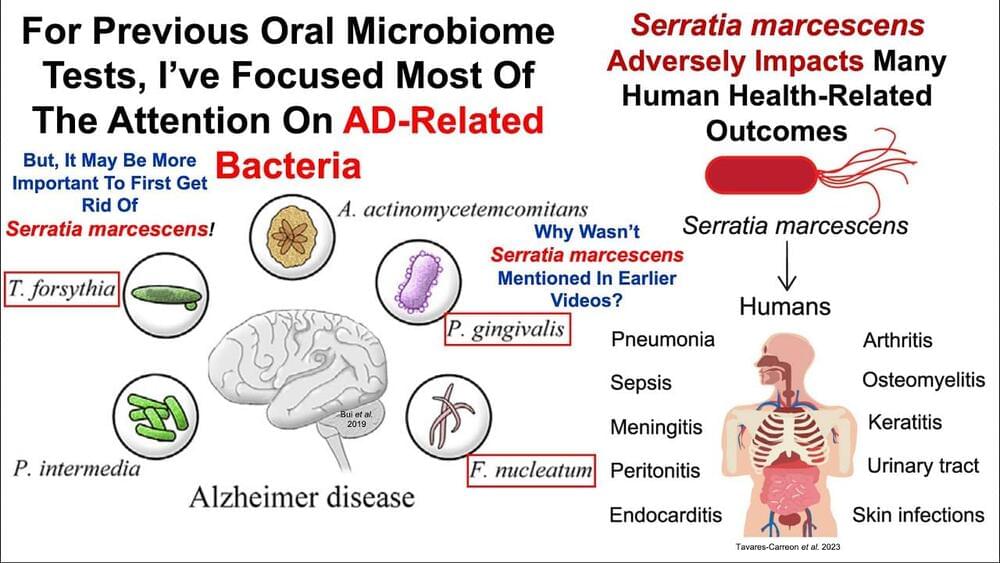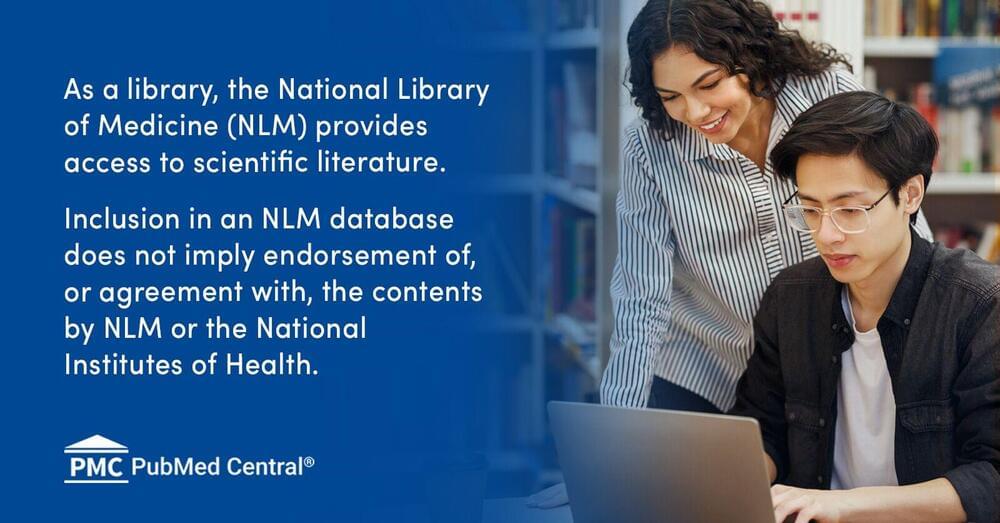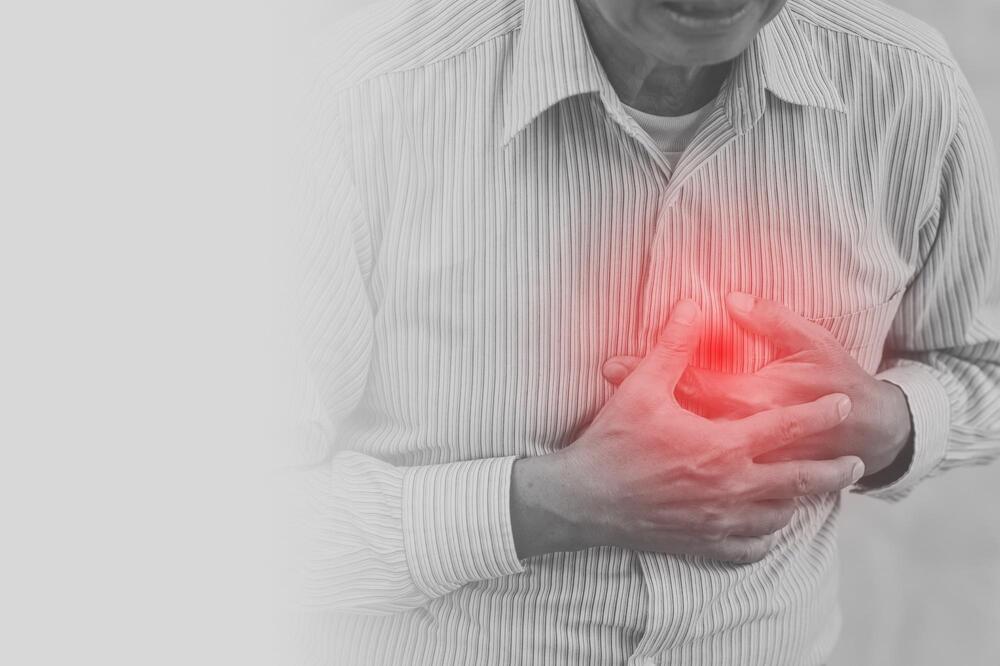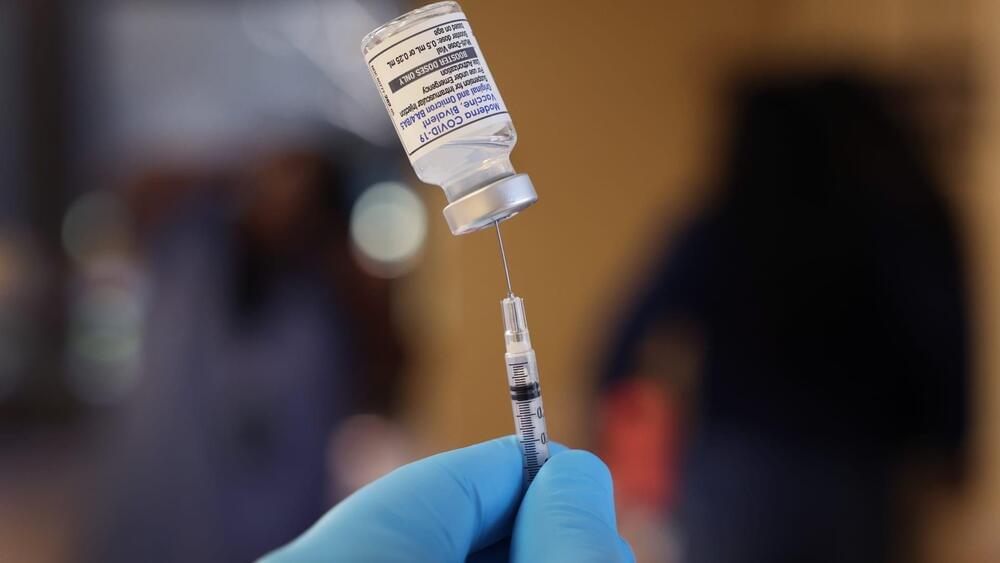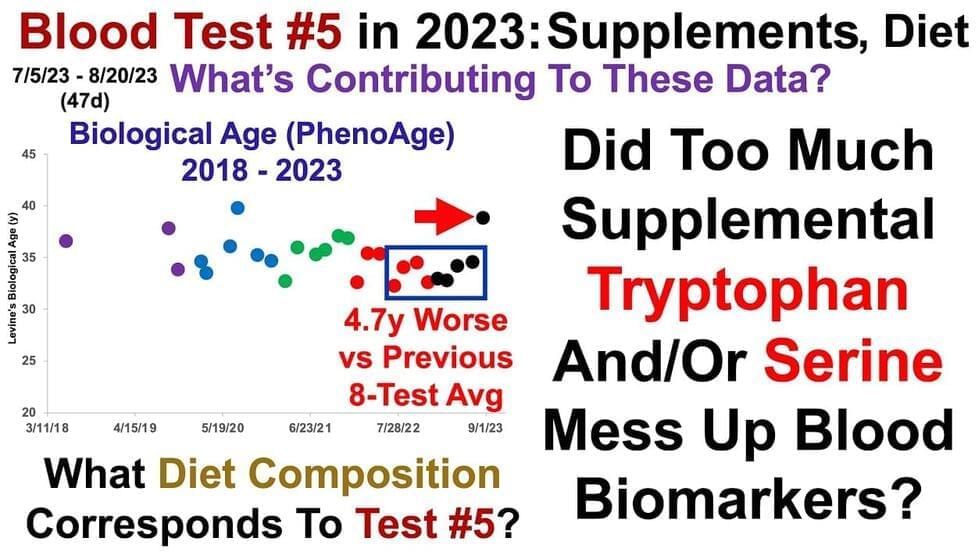Sep 6, 2023
ADHD: A risk factor for serious mental health issues, research finds
Posted by Shubham Ghosh Roy in categories: food, health, neuroscience
The hyperactivity disorder, usually referred to as ADHD, is an independent risk factor for several common and serious mental health issues, finds research published in the open access journal BMJ Mental Health.
It is associated with major depression, post traumatic stress disorder, the eating disorder anorexia nervosa, and suicide attempts, the findings show, prompting the researchers to recommend vigilance by health professionals in a bid to ward off these disorders later on.
Attention-deficit/hyperactivity disorder (ADHD) is a neurodevelopmental condition in children and teens that extends into adulthood in up to around two thirds of cases. Worldwide, its prevalence is estimated to be around 5% in children/teens and 2.5% in adults.

